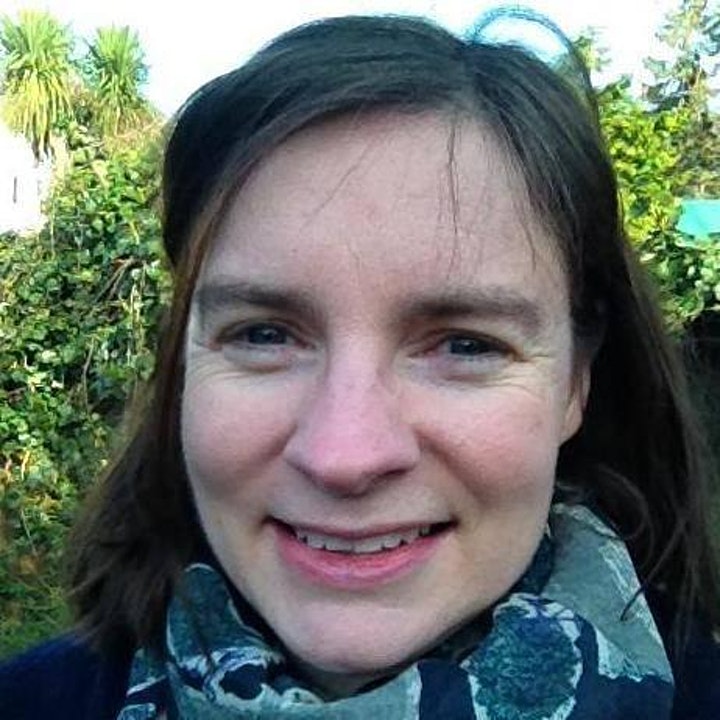LIFD Colloquium - Alison Stirling

- Date
- Wednesday 23 June 2021, 14.00-15.00
- Location
- Zoom
- Category
- LIFD Colloquia
About this event
Speaker: Alison Stirling, Met Office
Title: Modelling atmospheric convection for meteorological prediction
Bio: Alison joined the convection group at the Met Office having obtained a degree in theoretical physics from the University of Cambridge and a PhD in astronomy from the Institute for Astronomy at the University of Edinburgh. She leads the ParaCon programme, which is jointly funded by the Met Office and NERC to make significant improvements to the representation of convection across model scales. At the Met Office, she manages the convection team, which is part of Atmospheric Processes and Parametrizations. The team focuses on improving our understanding of the physical processes related to atmospheric convection and its interaction with the rest of the atmosphere, with the aim of improving convective representation in weather forecasts and climate simulations. Currently, Alison is developing improvements to the representation of entrainment in deep convective clouds and its connection to vertical transport. She has a particular interest in understanding the link between local convective processes and larger-scale atmospheric dynamics that give rise to phenomena such as the Madden Julian Oscillation and the Indian monsoon. She is working with others to improve the representation of convective initiation and the role of cold pools in this process.
Abstract: Atmospheric convection responds locally to instability, but it also transfers heat upscale such that conditions on the planetary-scale depend, organise, and interact with it. It is the simultaneous need to represent the small length-scales of the buoyant transport, with its reach to global scales that makes it a long-standing problem for atmospheric modelling, and recognised as of such significance that it is central to four grand challenges of the World Climate Research Programme.
The ParaCon programme was set up to improve the representation of convection in weather and climate models, and three different conceptual approaches have been explored. In this seminar I will talk about some of the advances that have been made, and the nature of some of the key challenges that remain, most notably in the representation of moist-turbulent behaviour on the smallest scales.
